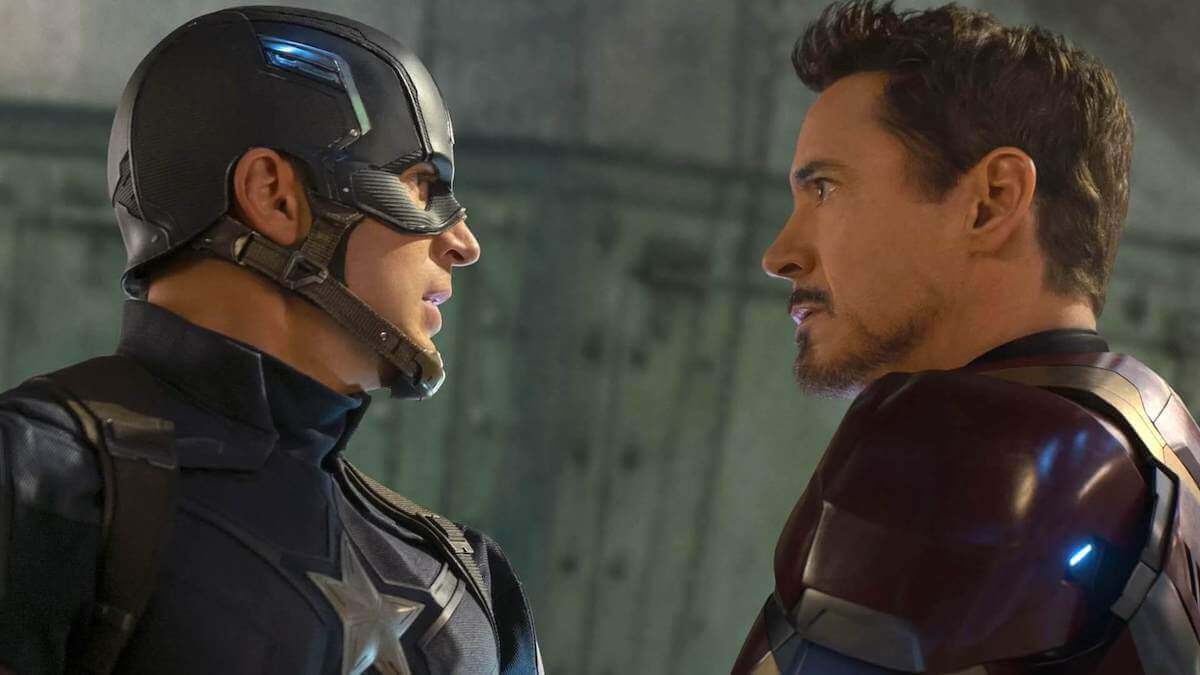We all know that conflict is needed to keep viewers engaged, to create an emotional response, and to ultimately, push the story forward. Without conflict in a story, the film, show, or novel, may seem a bit, well, boring. It’s also true that conflict can be defined by all of the “types” that exist — internal, external, people vs people, people vs society, etc. And while all of those things are helpful, it’s not a fully developed definition. This article takes a macro perspective, answering what is conflict in a story by highlighting why we need it in the first place. We’ll break down a video to drive this point home.
Let’s jump in and unpack some of this so you can approach writing conflict in a meaningful and purposeful way.
Conflict in Any Medium
Defining conflict in any story
Conflict is a necessary element in any story. Before we dive deeper into the purpose of conflict, here’s the standard definition of conflict, regardless of the medium you choose to express it.
CONFLICT DEFINITION
What is conflict in a story?
Conflict in a story is a struggle between opposing forces. Characters must act to confront those forces and there is where conflict is born. If there is nothing to overcome, there is no story. Conflict in a story creates and drives the plot forward.
External conflict refers to the obstacles a character faces in the external world. Internal conflict refers to a character's internal or emotional obstacles. Moral or philosophical conflicts are created between a character’s worldview or belief system and the world around them.
It’s critical to remember that viewing conflict only in terms of external and internal is a bit simplistic. Properly defining conflict in a story includes its relationship to philosophical or moral conflict as well.
WHY IS CONFLICT IMPORTANT IN STORIES:
- It creates and drives the plot
- It reveals opposing beliefs and truths about life
- It entertains by creating relatable contexts in emotional, dangerous, or exciting ways
Tyler Mowery's video essay lays out not just what conflict is, but why it matters. He goes into detail using examples from such iconic films as Sicario, The Lord of the Rings, and Snowpiercer.
Tyler Mowery's,The Purpose of Conflict
The deeper conflict is layered beyond "internal" and "external," the more satisfying your storytelling can be. Conflict should be meaningful for the characters in the story if it is going to resonate with the audience. Let’s take a dive into the essay’s key point — a conflict’s purpose.
Why is Conflict Important in Stories
What is the purpose of conflict?
To fully understand conflict, we have to define the purpose of conflict in a story. And we can’t really know the purpose of conflict until we know the purpose of a story.
What’s the purpose of a story?
The way you personally choose to live your life comes from your belief system. We all know that. Stories explore these belief systems while conflicts help challenge them. We watch or read stories because we want to see characters encounter the same moral and philosophical obstacles that we face in our own lives.
The purpose of conflict
Mowery discusses how stories exemplify all of the possible ways to live, often raising questions about how to live through different characters’ viewpoints. If the writer has something valuable to say about life or how to live it, conflict is a great tool to show these competing viewpoints.
Conflict introduces opposing belief systems, wants, or goals not just to entertain the viewer, but to show the character another worldview. A character’s goals and actions are dictated by their personal beliefs and what they want. If the character received everything they wanted from the beginning, there wouldn’t be a story.
So, when a character overcomes enough obstacles that challenge their belief system, they typically come out the other side, changed. This change (or inability to change) demonstrates the theme or resolves the philosophical conflict. Mowery drives this point home. Not every filmmaker or screenwriter labels it as a philosophical conflict, and you can call it whatever you want. But I like this label because it reminds us that conflict is always about opposing belief systems - the real conflict is broad and philosophical, but it is up to us to externalize it in specific and external ways if we want to use film as our medium. So if you're struggling with the theme of the story, or what you're really trying to say, odds are you haven't determined your philosophical conflict.
Entertainment value
Yes, your stories and conflicts do have to be entertaining. There’s no denying that. People go to the movies to be entertained and that’s just a fact. But this is not the main purpose of story or conflict.
Even the most entertaining movies say something about life, or at the very least, the characters’ opposing beliefs are what engages the audience. So, in your storytelling, think about what each character believes and how a challenge to those beliefs will create meaningful and engaging conflict. The entertainment value becomes deeper and richer when the audience is able to walk away with a new perspective on their own philosophical conflicts.
Related Posts
Up Next
Internal and external conflict
Now that you know the purpose of conflict, and a bit more about how moral conflict works, how might you externalize it? It's time to learn how to use internal struggles and external obstacles to create the most compelling story possible.
